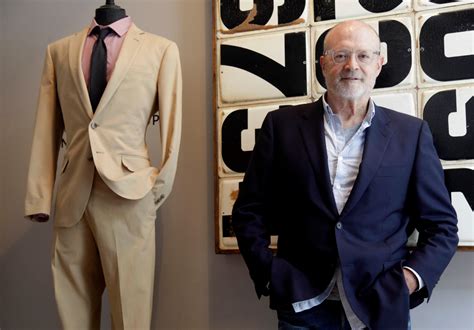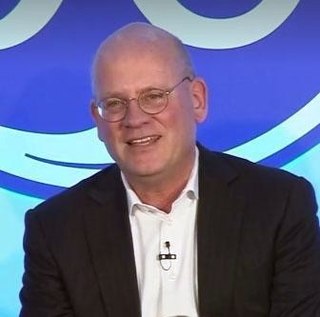A Quote by Charles Koch
In general, an asset should be sold when it has greater value to a buyer. This happens when a buyer has a complimentary business or capability that would enable them to do more with that business. Many businesses we have exited were not failures, but had simply reached a point in their life cycle where they no longer provided a core capability or served as a platform for growth.
Related Quotes
The National Security Agency’s capability at any time could be turned around on the American people, and no American would have any privacy left, such is the capability to monitor everything: telephone conversations, telegrams, it doesn’t matter. There would be no place to hide. If a dictator ever took over, the N.S.A. could enable it to impose total tyranny, and there would be no way to fight back.
My family was in two businesses - they were in the textile business, and they were in the candy business. The conversations around the dinner table were all about the factory floor and how many machines were running and what was happening in the business. I grew up very engaged in manufacturing and as part of a family business.


































